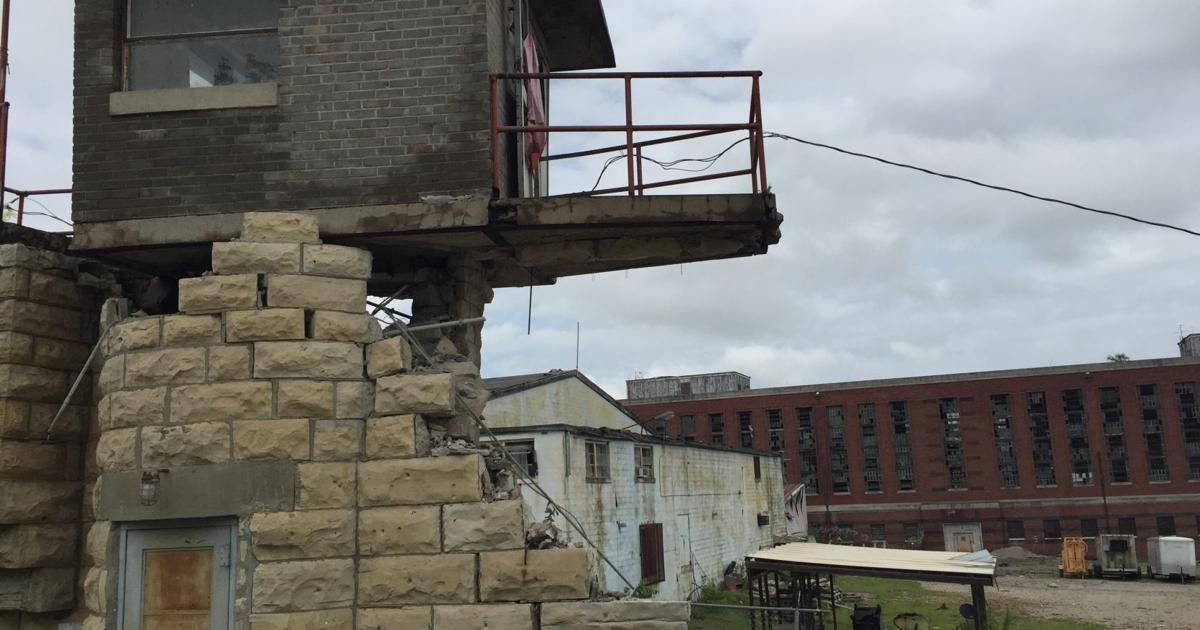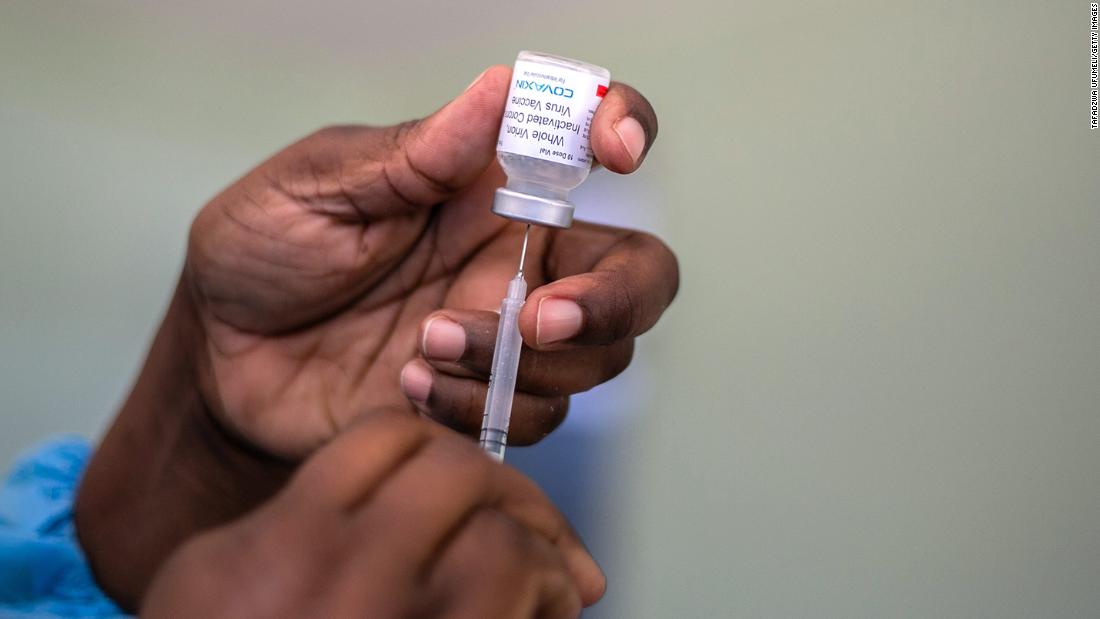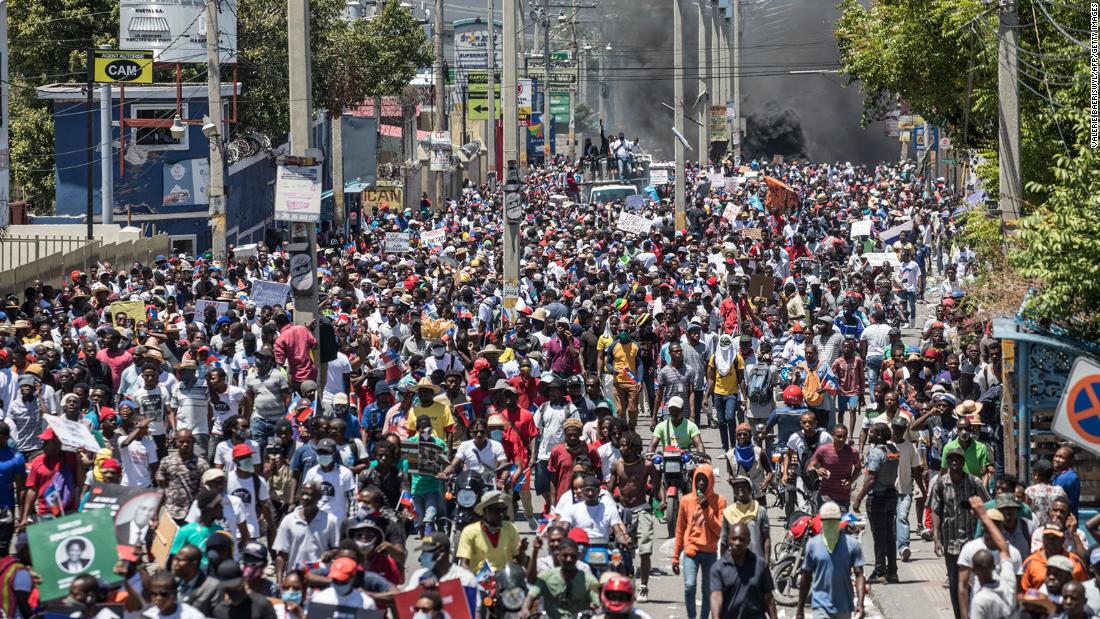São Paulo, Brazil (CNN)"Who's mommy's little girl?" 22-year-old Brazilian Sameque Gois asks as she plays with her baby's tiny hand, in one of the several videos she showed CNN. In the footage, little Sarah responds to her mother with an ear-to-ear smile.
Sarah was born in January this year. Despite having a few issues during pregnancy that caused her baby to be born prematurely, Gois says her daughter was generally healthy. But after she took her baby girl to the Casa de Saúde Hospital in São Paulo's coastal city of Santos to treat a urinary tract infection, Sarah started to present persistent fever and flu-like symptoms.
"When her symptoms started, the doctors said it was bronchiolitis, that it wasn't anything serious," Gois explains. But her daughter would not recover.
As Sarah's condition deteriorated, Gois says she felt helpless. "All I knew was that she was in a serious condition and that she could go at any moment. I knew that the only thing I could do was to get on my knees and pray," she said.
Despite her pleas, her daughter died from Covid-19 on May 27. She was just five months old.
Sarah's case is one of many in Brazil. The Brazilian Health Ministry says 1,122 children under the age of 10 have died from Covid-19 since the pandemic started. The Brazilian government records the number people who died from severe acute respiratory diseases -- such as severe cases of the flu, and others.
However, researchers from global health organization Vital Strategies, which works in more than 70 countries around the world, say its studies suggest such case numbers have been severely underreported.
When comparing the number of Brazilian child deaths from such illnesses in 2018 and 2019 with the number of deaths since the beginning of the pandemic, Vital Strategies found an excess 2,975 deaths. The organization says it's likely that the vast majority of these excess deaths -- not just the official number of 1,122 -- were because of Covid-19.
"What we see in Brazil is that the number of kids dying with Covid specified as the cause of death is higher than what we are seeing in other countries of the world -- it's 10 times higher," Dr. Ana Luiza Bierrenbach, an epidemiologist at Vital Strategies, told CNN.

In the United States, the only country in the world with a higher overall official death toll than Brazil's, far fewer children have died from Covid-19 -- 382 Americans under the age of 18, according to CDC data.
Bierrenbach adds that the coronavirus variant known as Gamma or P.1, which was first identified in Brazil, may not be entirely to blame.
"Kids have been dying more in Brazil since the original variant was here, so it was not the addition of the P.1 variant that made kids die more here than in other countries," she said.
Recognizing Covid-19 in children
Covid-19 is widely shown to have a more severe impact on the elderly than the very young. Even if all 2,975 excess child deaths were caused by Covid-19, children are still dying in much lower numbers than adults -- the overall death toll in Brazil is now more than 514,000. Researchers fear that this small representation of children in Covid fatalities is causing some doctors to miss diagnoses in their youngest patients.
"Truthfully, Covid-19 in children was neglected at the beginning of the pandemic," says Brazilian pediatrician Dr. Andre Laranjeira.
"A lot of pediatricians had a certain resistance when it came to requesting Covid-19 tests for children, when they were exhibiting those typical respiratory tract symptom -- runny nose, cough, fever -- practically all children have those symptoms this time of the year, in the autumn, and some doctors were not testing them," he says.
According to Gois, it took 12 days after baby Sarah developed the first symptoms before doctors tested her for Covid-19. It was only when Gois herself was diagnosed with Covid-19 that doctors tested her daughter.
Dr. Marisa Dolhnikoff, a lung specialist and researcher at the São Paulo University Medical School has been studying the impact of the novel coronavirus on children and adolescents, and says children with Covid-19 could present symptoms different from the ones exhibited by adults with the disease.
"If a child presents high fever, (skin) rash, abdominal pain, doctors could potentially think of other diagnosis and not relate it to Covid-19," Dolhnikoff says.
"We need to be aware that these different kinds of symptoms can be related to Covid-19 and these children can present a very severe disease."
Disparity in treatment
And while different symptoms might throw off some doctors, most physicians and researchers also agree the main culprit for Brazil's higher Covid-19 death rate in children is likely disparities in the country's health care system -- although Brazilians benefit from universal health care, there are vast differences in quality of treatment between private elite hospitals and small or rural public health care providers.
"In large centers we are prepared to deal with these children and we have very, very good ICUs but it doesn't apply for the whole country," Dolhnikoff explains. "We have a lot of poor regions in the country that struggle to deal with this situation."
Bierrenbach at Vital Strategies agrees that inequality could be at play.
"Why is this happening? Probably due to higher vulnerability, lack of access to good quality health care," Bierrenbach says. "Maybe they are undernourished, and they perish more from Covid."
More than half of Brazilians -- 116 million people -- faced food insecurity in 2020. Of those, 19 million people, or 9% of the population, are starving, according to the Brazilian Network for Research in Sovereignty and Food and Nutrition Security.
Laranjeira says the disparity shows up not just in the quality of accessible health care, but also in how they are affected by the disease.
"When you take the fatalities within the pediatric age group, more than 60% are from vulnerable socio-economic groups," he concludes. "It's impossible to turn a blind eye to that."
Journalists Rodrigo Pedroso and Marcia Reverdosa reported from São Paulo. CNN's Vasco Cotovio and Isa Soares reported from London. Reporting also contributed by Juliana Koch in São Paulo.

 2 years ago
415
2 years ago
415











 English (US) ·
English (US) ·